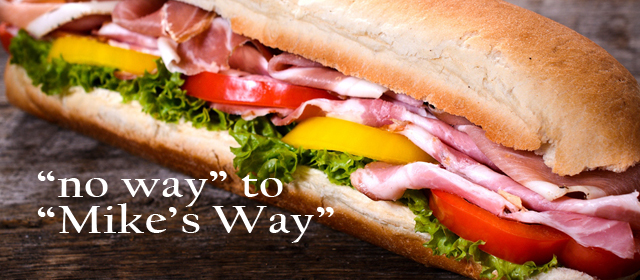Franchise 101: Open Season for Poaching in Washington; and Corralled Franchise Claims

Franchisor 101: Open Season for Poaching in Washington
Washington State’s Attorney General settled a case against sandwich franchisor, Jersey Mike’s, over antipoaching provisions in its franchise agreements. Since 2018, Washington State has made agreements with more than 60 franchisors to remove similar provisions from their franchise agreements.
In some franchise systems, antipoaching provisions restrict franchisees from soliciting or hiring employees of the franchisor or another franchisee of the system. An effect of these provisions is to limit employees of the franchisor or franchisee from obtaining employment at another location in the system. This can prevent employees from getting better pay or benefits, or enjoying more convenience, or just working for another owner they like better and can stagnate employment opportunities for franchisee employees. These are policy concerns for Washington State.
Washington State’s Attorney General issued a civil investigative demand (“CID”) to Jersey Mike’s. The CID sought information on whether Jersey Mike’s included a no-poaching provision in its franchise agreements and whether the provision was enforced. Jersey Mike’s responded that it did not enforce the provision and had removed it from franchise agreement forms. The Attorney General still demanded removal of the provision from all existing Jersey Mike’s franchise agreements nationwide.
Jersey Mike’s refused to comply with the nationwide removal demand, arguing that a demand by Washington State should be limited to Washington franchises. The Attorney General then sued Jersey Mike’s, alleging that the non-poaching provision was a per se violation of state antitrust law. After months of discovery, the parties settled. Jersey Mike’s agreed to exclude antipoaching provisions in any new or renewed franchise agreements, and to remove the antipoaching clause from all existing franchise agreements in the U.S. Jersey Mike’s further agreed to pay the Attorney General $150,000 for costs and attorneys’ fees.
Franchisors should review their current franchise agreements with franchise counsel to analyze the benefits of removing antipoaching provisions from their form franchise agreement. Washington is one of several states investigating use of antipoaching provisions in franchise agreements. Franchisors can expect scrutiny of such provisions in the future.
Washington v. Jersey Mike’s Franchise Systems, Inc., No. 18-2-25822-7 SEA (Wash. Super. Ct. 2018)

Franchisee 101: Corralled Franchise Claims
A federal court has granted, in part, restaurant franchisor Golden Corral’s motion to dismiss a complaint brought by a former franchisee. The court found a general release of claims, executed as part of an assignment of a franchise agreement, was enforceable under New Jersey law.
William Scism and Karen Scism entered into a franchise agreement with Golden Corral in 2007. In 2011, they formed a limited liability company. They assigned the franchise agreement to the new entity, with Golden Corral’s consent. The written assignment contained a release of liability. The release barred claims against Golden Corral arising out of the franchise agreement or assignment agreement that occurred on or before the date of the assignment agreement.
The Scisms later closed the franchised restaurant and were unable to repay their loans. A creditor sued the franchisee. The franchisee filed a third-party complaint against Golden Corral. Golden Corral moved to dismiss, arguing that the claims against it were barred by the franchisee’s general release. The franchisee argued that their claims were not barred by the general release because the New Jersey Franchise Practices Act (“FPA”) forbids a franchisor from requiring a franchisee to agree to a general release that would relieve the franchisor from liability under FPA at the time of entering into a franchise agreement.
The court held the FPA did not apply. When the parties signed the assignment, the franchisee had already signed a franchise arrangement with Golden Corral. Had Golden Corral required the franchisee to sign a release when they signed the franchise agreement, the FPA would have applied. Here the release was signed later. The court dismissed the franchisee’s claims as barred by the general release.
Franchisees should review any general release requested by their franchisor carefully with counsel. A release of claims that franchisors often insist on as a condition of consenting to an assignment or transfer by the franchisee, if valid, can defeat a franchisee’s later claim or prevent a franchisee from suing to enforce a claim.
Scism & GC of Vineland, LLC v. Golden Corral Corporation, No. 18-12879 ES (D.N.J. Dec. 4, 2019)